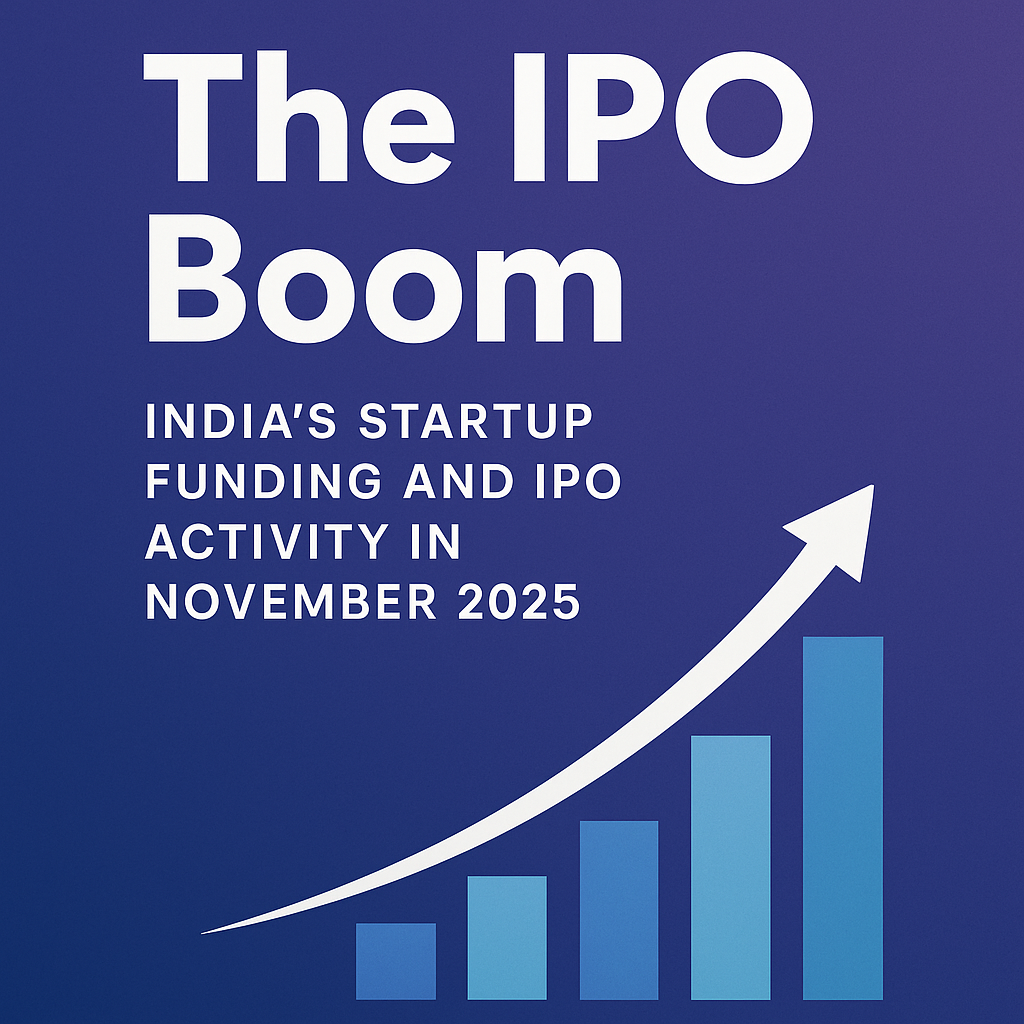Last week, India’s startup ecosystem was abuzz with a mix of controversies, investments, and policy shifts. From a remote-hiring scandal that sparked global debate to government efforts in supporting deep-tech and IP innovation, here’s a recap of the most talked-about developments:
1. “Soham‑gate”: Remote‑work scam sparks global outrage
Indian engineer Soham Parekh became the center of a storm after being accused of working for multiple U.S.-based startups simultaneously. Founders claimed he inflated his resume and concealed parallel employment across various companies, many of which were high-profile startups. The controversy has ignited a larger conversation about remote work ethics and the need for robust background verification.
2. Governor pushes for IP hubs in varsities
In a bid to strengthen innovation and intellectual property (IP) in the country, Karnataka’s Governor called upon universities to establish dedicated IP centres. Despite having a massive startup base, only a small portion actively files for patents. This move is aligned with India’s broader goal of improving its intellectual property ecosystem and fostering a culture of innovation.
3. GeM portal hits ₹5.43 lakh crore GMV milestone
The Government e‑Marketplace (GeM) platform has witnessed significant growth, scaling from a modest ₹422 crore to over ₹5.43 lakh crore in gross merchandise value. By encouraging participation from MSMEs and enhancing transparency through digital tools, GeM is redefining public procurement in India.
4. ShopOS raises $20M led by Binny Bansal
Bengaluru-based ShopOS, founded by Scapic alumni, secured $20 million in funding to advance its AI-powered e-commerce infrastructure. The startup is building tools to automate tasks like listings, marketing, and customization, and plans to expand operations across India, Europe, and the UAE.
5. ET Soonicorns Summit spotlights India’s AI ambition
The ET Soonicorns Summit 2025 focused on India’s efforts to build homegrown AI capabilities. Companies like Hanooman.ai and others are working on multilingual large language models, signaling India’s intention to become a significant player in the global AI race. The summit emphasized the importance of infrastructure, talent, and policy support.
6. Pine Labs files ₹26B IPO
Pine Labs, a leading fintech player, has filed for an initial public offering worth ₹26 billion. The IPO proceeds will be directed towards global expansion, innovation, and debt repayment. This development is seen as a positive sign for India’s IPO market, which had been relatively quiet in recent months.
7. Raphe mPhibr nets a record $100M Series round
Defense-tech company Raphe mPhibr raised $100 million in a landmark funding round aimed at expanding its drone technology capabilities. With innovations such as swarm drones, this marks one of the biggest private investments in India’s drone sector, aligning well with the government’s Make-in-India initiative.
🔍 Key Takeaways
- Remote-hiring due diligence: The Soham Parekh case highlights the risks of global remote hiring and emphasizes the importance of verification protocols.
- Deep-tech & IP focus: Institutional efforts toward innovation and intellectual property protection show serious commitment to deep-tech growth.
- Tech-fueled public systems: Platforms like GeM prove how digital transformation is shaping public sector efficiency.
- Investor appetite returns: Strong funding rounds in AI, fintech, and defense-tech suggest renewed investor confidence.
- India’s AI race heats up: India is positioning itself as a future leader in multilingual, large-scale AI models.




